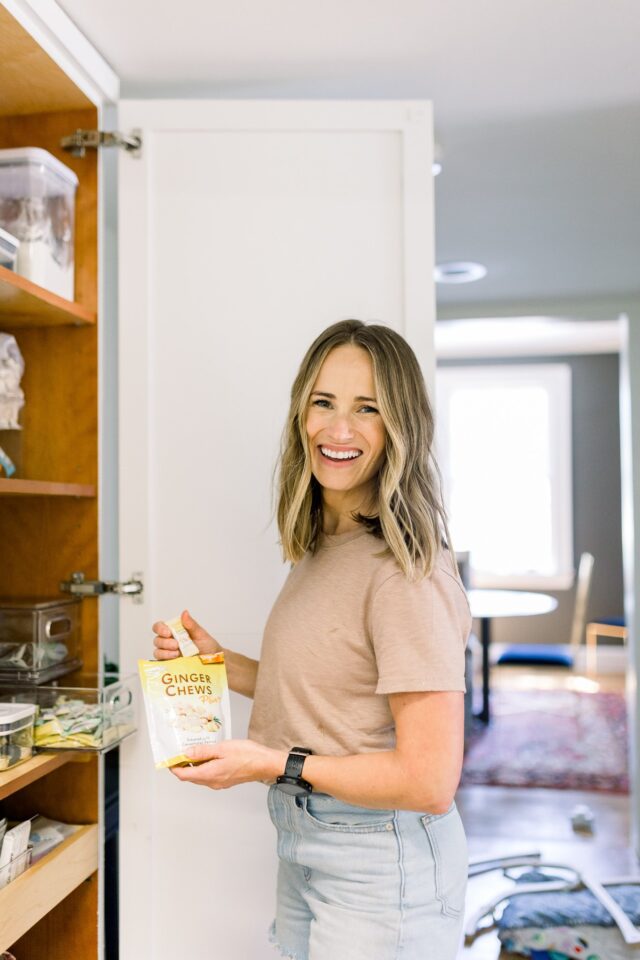

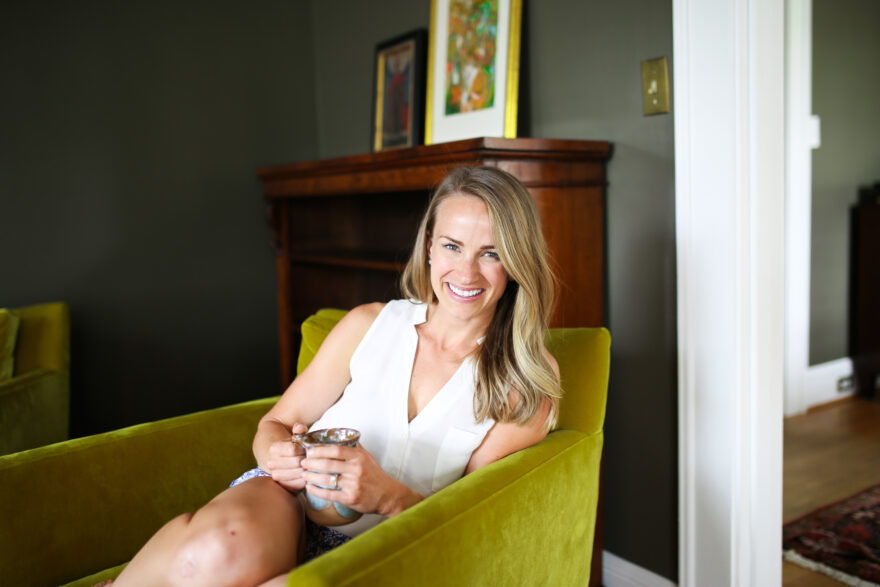
I went from 8 cups of coffee every day down to 1 (and some days, none!). Here’s why and how I broke my caffeine addiction.
I grew up Mormon so I never touched coffee until my mid-20s. I also didn’t regularly drink soda growing up since I didn’t like it, so, therefore, I didn’t drink caffeine – or at least not very often. So while 66% of American adults drink coffee daily (source) and 90% drink it regularly (source), I wasn’t one of them. Initially.
But eventually, I became completely addicted.
Coffee is one of the most well-known natural stimulants, along with nicotine. But whether or not coffee is listed among addictive substances depends on who you ask. The World Health Organization (WHO) lists caffeine addiction as a clinical disorder. But the American Psychiatric Association (APA) doesn’t identify caffeine addiction as a substance use disorder. The APA does, however, recognize caffeine withdrawal as a clinical condition. (Source)
And yet another classification comes from the Johns Hopkins Psychiatry Guide called “Caffeine Use Disorder”, which refers to a “disruptive, problematic pattern of caffeine use leading to clinically significant impairment or distress. Common features of the disorder include overuse, inability to quit, withdrawal symptoms, craving, tolerance, and continuing to use despite problems.”
That 100% sounds like what I was experiencing over that year with my coffee intake.
So, yes, the scientific community has different definitions and different opinions on the addiction level of caffeine, but if you’re reading this post, you probably do believe that caffeine and coffee is addicting. And while there is research to show that coffee does have some solid health benefits, I’m going to focus on the benefits of reducing coffee intake in this post.
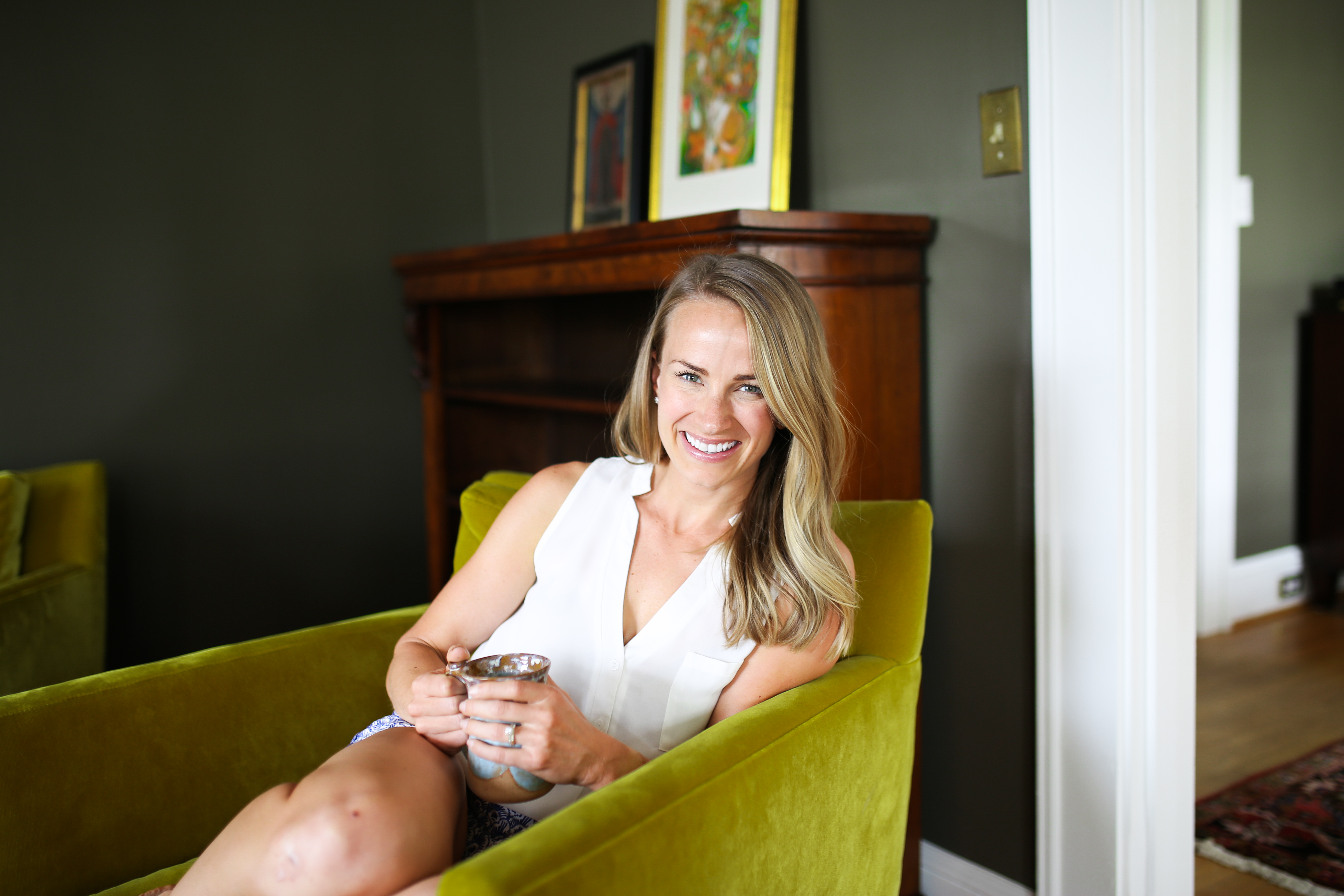
My personal experience, without a formal study needed, is that it’s definitely an addictive substance. Over the last 10 years after I fell in love with coffee, my daily caffeine consumption has steadily increased. I also fell in love with finding really great coffee, and I appreciate the ritual of coffee. I love waking up to the smell of my drip coffee machine starting to brew on a timer. On the weekends, I love grinding fresh beans and making french press coffee. Holding a cup of coffee as I slowly wake up is one of my favorite forms of comfort.
My coffee intake really started to increase when I moved to Charlotte a few years ago, and as part of my new-house purchases, I got a drip coffee machine. Previously I only had a small french press and a small Bialetti so it wasn’t really practical to make more than 1-2 cups without brewing multiple times. But once I got a 12-cup coffee maker, I made half a pot since it was easy enough to make more. I started drinking two cups before work and then emptied the pot to take a large travel mug with me to work. Then, once I was in the office, I typically went to get coffee with a coworker to catch-up, and then again in the afternoon for a little break. So 1-2 cups of coffee escalated to 6 cups.
It was when I was running at 5:30 AM to train for the Boston Marathon and not sleeping nearly enough. I needed to consume caffeine to help get me going in the morning. And, I also needed coffee to help get my digestion going in the morning before I ran, ahem.
It makes sense that my caffeine dependence gradually increased. According to the Addiction Center, “In people who drink caffeine regularly, the brain’s chemistry and physical characteristics actually change over time. The brain cells will begin to grow more adenosine receptors in an attempt to . This is how tolerance to caffeine develops; because the brain has more adenosine receptors, it takes more caffeine to block a significant proportion of them and achieve the same desired effect.”
As my work stress increased (I was working 80+ hours a week), I drank more coffee since it was comforting. And it helped me get all the things done that I needed to get done since initially it gave me energy and helped me focus. And eventually I was up to 8 cups of coffee a day.
So why did I decide to drink less coffee? I started having extreme fatigue and could not focus on work. In addition, I felt like I could take a nap at any point during the day and I’m not a napper. I also couldn’t concentrate on anything for more than 10 minutes. One of my friends said I could be dealing with adrenal fatigue, brought on by a high period of extreme stress (long work hours, marathon training and lots of travel). And caffeine is one of the worst things if you have adrenal fatigue. Granted, adrenal fatigue isn’t yet formally recognized by the medical community, and I don’t even know how I feel about that label, but I was desperate to improve my energy levels.
I also started having panic attacks. Now, I know excessive caffeine is definitely not solely responsible for my panic attacks but it certainly didn’t help. And I was desperate to do anything to improve my anxiety.
Plus, I knew if my husband and I decided to have a baby at some point (we did, btw!), I would have to cut back on caffeine whenever I got pregnant. I’d much rather have time to gradually wean myself than go cold turkey down to just one cup of coffee if I suddenly got pregnant. Oh, and I started having horrible acid reflux in the mornings after drinking coffee, and that was miserable to deal with while running.
I first wrote this post in 2019 and while I’m not caffeine-free by any shot four years late, but I haven’t gone back up to the 8+ habit day, and I’m better able to monitor when my caffeine dependency is becoming a problem.
So, how did I do it? There are five things that helped break my caffeine addiction.
While you could go cold turkey, it’s likely going to suck, especially if you drink a lot of coffee each day. I gradually reduced my intake over a month. I stopped having my afternoon cup of coffee first. Then I stopped going to get coffee after I’d emptied my pot at home. That cut out two cups a day.
Next, I starting making less coffee so there was less for me to drink in the first place. I kept having two cups pre-run but then I only had one cup with with breakfast after I ran, rather than my usual two. Then, I reduced to one cup pre-run and one cup post-run. And finally, I switched to one cup pre-run and then made decaf post-run.
On days that I was really struggling during the gradual phase down, I’d have a cup of black tea or green tea since the amount of caffeine in tea is less than coffee and espresso. Black tea has 25-48 mg of caffeine in an 8oz cup and green tea has 25-30 mg. If you’re new to tea, it may take getting used to since many people find it tastes like dirt. Try a few different varieties and experiment with sugar and milk to decide what you like. You may not want to grab a fully caffeine free tea at first since it won’t help minimize withdrawal symptoms.
I love gunpowder or genmaicha green tea. I like black tea less, but I do like chai tea (which is black tea with spices). And I hate any flavored teas, like peach, strawberry, etc. I prefer my green tea plain, while a little milk and honey makes black tea more palatable.
Remember that herbal tea doesn’t have any caffeine so keep that in mind if you’re trying to minimize withdrawal symptoms. And remember that energy drinks often have MORE caffeine that coffee so you’ll need to be aware of what’s in those if you try to replace your coffee with a different type of beverage.
When I wanted to switch to decaf coffee post run, I knew most days I would be too lazy to brew an entire new pot of coffee or make a decaf french press. I also knew I was too much of a coffee snob to drink Kuerig coffee, and I didn’t want to use plastic cups or use the reusable cup. But I remembered how much I loved the Nespresso in our hotels in Ireland and St. Lucia.
After a little research, I learned Nepresso recycles their aluminum pods (they send a bag for you to mail them back) which made me feel better about the whole thing. So I bought this Nespresso to brew my decaf cup. It gave me the ritual of brewing coffee and I didn’t notice a difference in taste at all with decaf. Yes, it was a splurge but I knew it was going to be brutal to decrease my caffeine intake, and I wanted to treat myself. Having a really good cup of espresso helped ease the pain when I was dealing with withdrawal symptoms.
I’m asked pretty frequently about my favorite pods for my Nespresso. The Intenso and Stormio are my favorite! I also love the half caff pods and the decaf Melozio.
Once I had the Nespresso, I really enjoyed having that first thing in the morning rather than drip coffee. But what I didn’t think about at first was how that also helped me decrease my caffeine intake. It’s common misunderstanding, thinking that espresso has more caffeine than coffee. While espresso does have more caffeine than coffee, ounce for ounce, most people drink far more coffee than espresso in one cup.
Here’s the math:
So, in short, try ordering an espresso drink rather than a coffee-based drink if you’re looking to cut caffeine.
If you are equally addicted to the ritual of drinking coffee in the morning, brew decaf at home, which is where you’ll probably get the bulk of your coffee intake. Then, buy a caffeinated cup on the way to work. It’s a little reverse of what I did but if you don’t want to buy a separate machine to brew individual types, this is one way to do it. Or, brew a small pot of regular coffee and then buy decaf later if you typically stop on your way into work.
So what’s going to happen as you decrease your caffeine intake? Here’s a list of fun things you’ll likely experience.
The headaches were the worst part for me. They started around 10am and would last until about dinner. I tried not to take ibuprofen everyday but sometimes I broke down and popped a painkiller just so I could focus on work. I definitely felt a little down and my husband will probably tell you I was irritable too. But considering I was exhausted all the time anyway, I didn’t notice a difference in fatigue as I cut back. To cope with all of that, I tried to take extra walks outside to get vitamin D and get my blood flowing. And I drank a LOT of water.
But, all the symptoms were short-lived and after a month or so, I felt like a new woman. My concentration improved dramatically; I was able to focus on tasks for a much longer stretch of time than before. And considering I do a lot of writing for a living, that was a HUGE improvement. I also started sleeping a lot more soundly (not waking up as often in the night) and I got tired at a normal bedtime, so I was able to log more total hours of sleep.
So, if you go through the pain of withdrawal, how is it making you healthier? By decreasing caffeine, you can expect to sleep better, feel less jittery and have less anxiety. If you struggle with heartburn or have to pee often, those symptoms will also improve as you reduce your coffee intake.
Again, it depends who you ask. A 2015 study found that coffee consumption was associated with an 8% to 15% reduction in the risk of death. Many other studies show that drinking coffee decreases the risk for cardiovascular disease, type 2 diabetes, Parkinson’s disease and uterine and liver cancer.
Conversely, the World Health Organization reports that coffee has been linked to irregular heartbeat and increased cholesterol levels. The WHO also states that long-term use of high caffeine intake (defined as 4+ cups of coffee a day) may be linked to loss of bone density, which increases the risk of osteoporosis. Considering I have high cholesterol and have a family history of osteoporosis, those are two reasons I’m more conscientious about how much coffee I drink.
So while the data is inconclusive or confusing at best, there are some side effects of caffeine that are everyone agrees on. In short, it wires us, alters digestion, and messes with our sleep and emotions. Too bad it tastes so dang good.
I found that people reacted similarly to my decreased caffeine intake as they did to my not drinking alcohol. That is – not great. It was almost like my decreasing caffeine upset them, made the insecure or they were annoyed by it. We all like our decisions to be validated by others with similar habits. So if helps you cut back, know that I’m in your corner and I’m telling you, it’s WORTH IT.
What about you?
Are you addicted to caffeine? Have you ever tried to decrease your intake? How did it go? Are you working on breaking the habit? What is your caffeinated beverage choice? Leave a comment and share your experience.
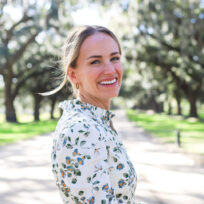
Leave a Comment
23 responses to “How I broke my caffeine addiction”
I typically only drink one cup of coffee a day, I love the morning ritual of it, and it definitely helps me focus! The way I explain it is that my brain feels clear once I have coffee. I found this post super interesting! I’m glad you are feeling better! 🙂
I totally agree – the one cup I have most days helps my feel more clear first thing in the morning too. I wonder if something else would do the same thing (e.g. green tea or just another hot beverage) or if it’s just the tiny bit of caffeine I still crave?
This is such an accomplishment – go you! I was one of those forced to cut back due to pregnancy. It agree – it feels good to not be dependent on caffeine anymore!
Amen!
I would like to substitute a cup of green tea because it’s so healthy but unfortunately tea makes me feel nauseous if I have an empty stomach so that’s out. I have gotten by once in a while with a mug of hot water and a squeeze of lemon. Apparently I just like the drink in the morning but I also love coffee. I’m not up to 8 cups. I have maybe 16 ounces in the morning and another 16 ounces near noon. But to be honest I don’t like the way it stains my teeth so I need to cut it out.
Hard agree with all of this!Thank you! I also need a cup of coffee before I run, and to get things moving, ha. Sometimes I find myself making one more expresso after the run , and then having one cup of black tea in the afternoon (I work in the evenings so staying up past 10 and being alert is the goal!). Maybe that’s too much? But I LOVE the Nespresso and I think it’s really useful for also quantifying the caffeine intake – left to my own devices with a caraffe, I’d make “one cup” which in reality it was one 16 oz mug!!!
Yes! The Nespresso definitely helps quantify things!! Such a good point.
Fascinating topic for a post! I actually decreased my caffeine intake when I was pregnant with my first child 4 years ago (by switching to homemade half-caff), and I just never went back to regular coffee. I feel better this way, and I don’t get those awful withdrawal headaches I’d get on those rare occasions when I couldn’t get a caffeine fix (e.g., when traveling).
Oh man, those headaches when traveling before I could get coffee were the WORST!!! It’s funny how bad I used to feel when I didn’t get coffee and now how bad I feel when I have more than one cup!
Yes, the same thing happened to me! It is so hard but so worth it because I feel so much better. All I drink now is herbal tea as the caffeine was affecting me too much. Thanks for sharing:-)
I need to find an herbal tea I like. Green tea is my favorite, which has less caffeine, but I’d love to find a caffeine free one I like as much!
As someone that preaches toxic-free beauty products, I would highly recommend looking into the toxic effects of aluminum and hot water + plastic. And even if you can “recycle” the pods, many people don’t and it still contributes to single-use waste.
Thanks for calling this out! I admittedly don’t know much about the true process of recycling and am trying to learn more. I’m not perfect in any area but I do my best, including this! I actually have a friend writing a blog post for me about how to reduce the use of plastic and other ways to minimize our impact on the environment so perhaps this could be another topic she could help with for another post. Thanks for your feedback!
I have that same Boston mug! I’ve definitely cut back my coffee intake since college and grad school. I only drink coffee in the morning now and I sleep much better at night. I’m also tired by 8:30pm haha.
My favorite mug!!
I feel like you get up super early too so totally valid to be tired by 8:30!
I think there’s such a tea over coffee culture here in the UK – I could totally cut out coffee (although I do worryingly relate t o some of those symptoms, and since I’ve cut out alcohol I’m wondering if I’ve swapped it for coffee) but would never give up tea. I find it so comforting!
I looooove tea and I wish it were more of a culture here. It’s hard to find really good tea where I live (granted, it’s a small city). I honestly find tea more comforting that coffee…it just takes a little more thought for me!
Also, you’ve inspired me to cut out alcohol again.
Wish I could see you next weekend! xo
I cut out all caffeinated beverages when I started having panic attacks. The panic attacks stopped, but I don’t know how much impact the caffeine had, as I also did other things. I enjoy drinking decaf green tea.
Cutting caffeine helped with my panic attacks a LOT!
Me too I want to cut out alcohol. If anyone is interested, the really true way to cut out caffeine without too much pain is the first break your sugar habit. Once I gave up sugar I guess my body was not on that insulin roller coaster and I did not need the caffeine in the morning. I just gave up all desserts and all chocolate. I was not fanatical about salad dressings or things like that contain sugar but I did try to make most of my own stuff. I didn’t even lose any weight but my body for thinned out so much. I really looked a lot better so it must’ve been bloat wait.
oh man Teri, this sounds so much like my experience with coffee! I ended up cutting coffee out completely for 10 months, this year, and then starting adding it back in again slowly just recently. What I noticed right away when adding it back in was that I was such a zombie in the morning! Without coffee, I was alert and “with it” straight out of the gates.
And I also noticed that whenever I said I was decreasing coffee (which I have done a million times over the years), it also would upset people. As if my choice was a judgement on them.
I love that you’re able to have a balanced relationship with coffee now, and savor that one cup 🙂
I’ve gone through periods of coffee addiction, too. I agree with you that it’s an addiction. I’d have afternoons where I didn’t WANT to get another cup of coffee, but felt like I HAD TO in order to just be able to function. I would hyper-focus on getting that coffee fix, to the detriment of other more important things happening. It was a bad cycle of over-caffeinating, not being able to sleep at night, waking up a zombie, and then over-caffeinating again.
My coffee life right now looks like: weekdays– 1 morning cup. Weekends — 1 morning cup, and one afternoon cup but only if it’s for a fun reason like walking to the coffee shop in the neighborhood with my family.
I am SO addicted to caffeine. I love the taste & ritual of coffee in the morning. I can’t seem to have just one cup in the morning. I appreciate all of the comments. Am thinking about checking out caffeine anonymous. It’s a 12 step program. I can easily drink some form of caffeine throughout the day. I feel very deprived & resentful if I try to stop, I get palpitations & very tense, though, when I am drinking allot of coffee. Them extremely tired.